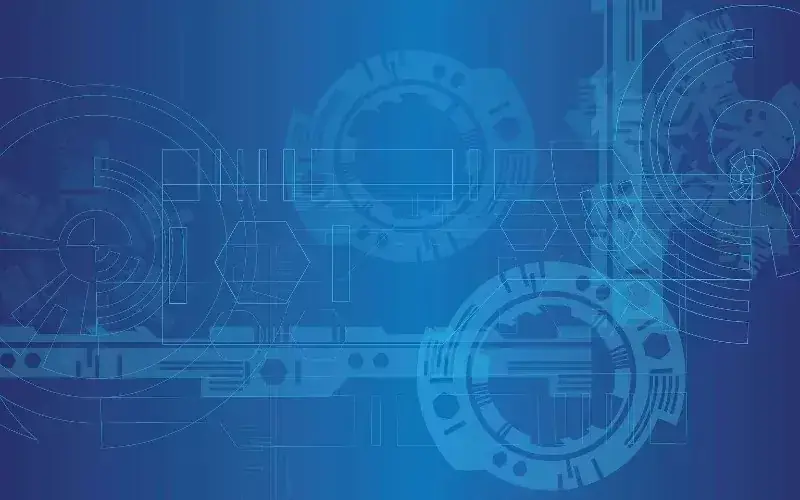The Institute of Coding (IoC) is commemorating its first year since its announcement at Davos in 2018.
Within this period, over 5,000 individuals have enrolled in various tech courses across universities in the country, a testament to the institute’s rapid growth and impact.
Achievements in the First Year
In total, 5,875 individuals have enrolled in IoC courses, supported by 175 staff members across the university network. This dedicated team has been pivotal in driving the recruitment and uptake of key courses.
Since its official launch at the House of Lords in June 2018, the IoC has introduced 35 supported courses, encompassing degrees, modules, and hackathons. Notable offerings include a Data Science MSc at Birkbeck College and the first master’s level Digital Degree Apprenticeship at the University of Bath.
Governance and Representation
The IoC governance structure has been bolstered by the appointment of 51 representatives from industry, academia, and diversity sectors. This diverse board plays a crucial role in steering the institute’s strategic direction and initiatives.
An additional Institute of Coding was established in Wales in 2018, further expanding the scope and reach of the initiative.
Funding and Future Projects
Under the Future Projects Fund, financed by the Office for Students, the IoC plans to allocate £2.3 million to support further proposals.
These funds aim to bridge the digital skills gap and bolster the ongoing work of the IoC, ensuring continued growth and development in tech education.
Strategic Goals and Industry Collaboration
Rachid Hourizi, the director of the Institute of Coding, emphasised the importance of collaboration between industry and academic partners. He stated, “The Institute of Coding is dedicated to driving digital skills and widening access to high quality learning to thousands of people from all walks of life. After a year of hard work and determination, we’ve made huge progress in tackling the skills shortfall, but there is still much more to do.”
He highlighted the necessity for industry to work closely with the IoC and academic partners to design and build new courses, spreading opportunities and enhancing the skillsets of workforces nationwide.
Impact on the Digital Skills Gap
The IoC’s efforts have been instrumental in addressing the national digital skills shortage. By creating new educational opportunities and promoting high-quality learning, the IoC is helping to equip individuals with the skills needed for the modern workforce.
The institute’s initiatives not only benefit new graduates but also current employees looking to upskill, providing a comprehensive approach to workforce development.
Key Course Offerings and Innovation
Among the 35 courses introduced, the Data Science MSc at Birkbeck College has garnered significant attention for its innovative curriculum.
Another highlight is the Digital Degree Apprenticeship at the University of Bath, which represents a pioneering step in tech education at the master’s level.
Additionally, various hackathons and specialised modules have been developed to address specific industry needs, fostering a dynamic and engaging learning environment.
Future Prospects and Expansion
The IoC continues to explore new avenues for growth and expansion, aiming to build on its successes from the past year.
With substantial funding and strong industry partnerships, the institute is well-positioned to further its mission of enhancing digital skills education.
The upcoming allocation of £2.3 million from the Office for Students signifies a promising future, dedicated to innovation and addressing the evolving demands of the tech industry.
Conclusion
The Institute of Coding has made significant strides in its first year, setting a solid foundation for future achievements.
With a continued focus on collaboration and innovation, the IoC is poised to make even greater contributions to tech education and skill development in the years to come.
The Institute of Coding’s first year has been marked by remarkable progress, laying the groundwork for future advancements in tech education.
The commitment to bridging the digital skills gap remains steadfast, with exciting prospects on the horizon.


